
According to Stack Overflow statistics , just over 17% of developers are actively looking for work. At the same time, in addition to salary, a request for improving work / life balance is also among the five important factors when changing jobs. Traditionally, many people see telecommuting as an opportunity to improve this balance, spend more time with family, and control the schedule.
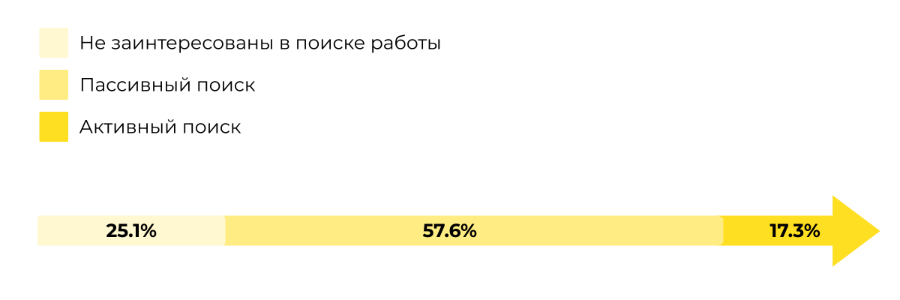
This year, with its coronavirus pandemic, has seriously changed many things, including the labor market. In the new reality, the attitude of employers towards teleworking has changed. There are also new job search tools that did not exist a few months ago. All this today allows engineers to find remote work with high salaries (higher than they had in the office before the outbreak of the pandemic), and spend less time on it than before.
I studied current statistics on the developer job market, materials posted by recruiters and engineers who interview themselves, and spoke to Alexander Zhilin, a Go / Python developer from St. Petersburg who recently managed to find a job using a specialized chatbot. As a result, I compiled a material with relevant tips for finding a remote job in 2020.
Tip # 1: study the market constantly
One of the most powerful advice that many engineers often neglect is that in order to get a decent salary and work in the right conditions, you need to understand what you can count on. There is only one way to test the market - you need to constantly monitor offers, go through interviews, pay attention to materials on the topic.
For example, not so long ago Habré published an article about finding remote work in companies from Europe and the USA. In addition to various tips, the material contains links to about 1000 companies that are hiring developers remotely right now.
Interviews will give you an understanding of your own value in the market, and case materials will open you tools that you might not know about.
It all started with the fact that I came across on Habré an article about finding a remote job abroad (the same material - approx.). Various useful tools were mentioned there, including the g-mate bot (@ g_jobbot ). There is a simple scheme - you need to connect it, indicate your skills, desired salary, distance / city, and then get vacancies.
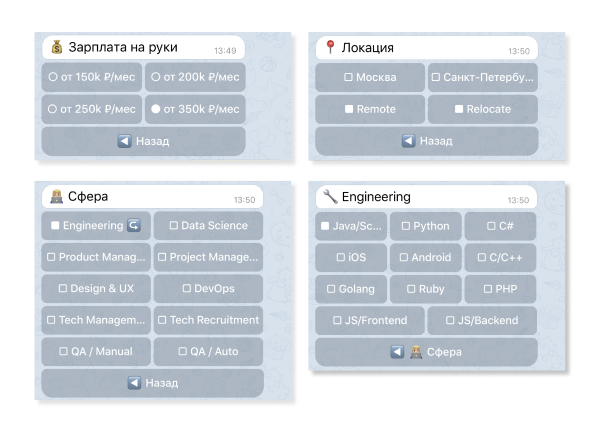
I registered, almost immediately got a couple of vacancies that seemed interesting: one in a Cypriot company, and another in a Moscow one, I responded to them, and the process started. Interestingly, it turned out that my St. Petersburg salary was 60% (!!!) less than I could have earned! And I did not know about it, I worked calmly, and everything suited me.
- Alexander Zhilin
Tip # 2: remote interviewing processes are not universal, choose the ones that suit you
As with offline interviews, companies use different approaches when hiring engineers for remote locations. Everyone's processes differ, from the number of stages, to their filling - somewhere they give test tasks to the house, someone asks to write code in real time, etc.
In an article on the Gitlab blog, engineers who hire developers on their team argue for each method. Moreover, the number of supporters of different approaches is approximately the same. And this plays into the hands of candidates - you can always choose the process that you like best.
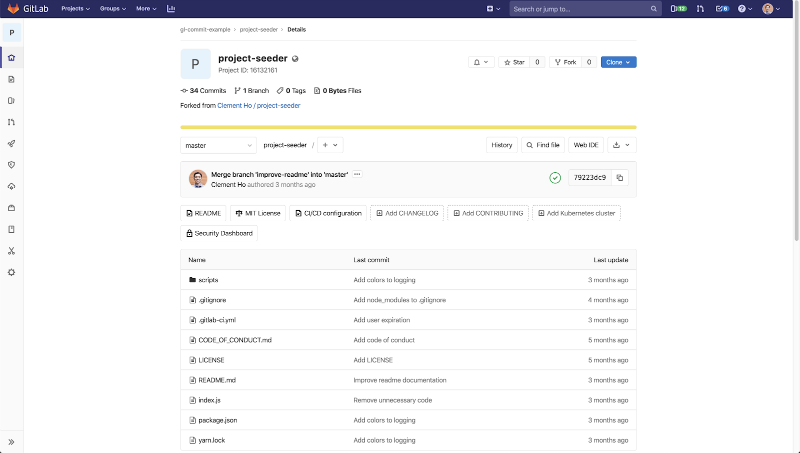
As a result, Gitlab developed a scheme with test tasks, the projects of which are collected in one repository.
In the case of an interview in which the candidate is given a problem for the solution of which you need to write code online, usually this will need to be done in code editors such as CoderPad , Collabedit , although Google Docs can do everything.
During such tests, many developers simply silently write code - this is not entirely true and lowers the chances of success. Instead, it is better to engage in communication with the interviewer, think out loud, ask questions, the answers to which can serve as a clue - a former Facebook recruiter writes about this in his article . For example, this method is effective:
- Ask questions about the task.
- Come up with the most obvious solution, even if it is suboptimal and requires a huge amount of resources. Describe it and ask if you need to optimize it.
- Usually, you will be asked to improve the solution - then thinking out loud you can go through all the stages of the solution and this problem.
You can prepare for such tasks using the following resources:
- HackerRank is the largest engineering website with over 11 million users
- Interview Cake - examples of tasks and solutions
- LeetCode - 1600 pre-interview practice tasks
- CareerCup - compilations of questions from real-life technical interviews
- Pramp - a free tool to practice mock interviews
- Codewars - where developers compete in solving problems
Writing code online isn't the only way to test your skills. Startups are more likely to give candidates homework - often taking up to 48 hours to complete it.
To successfully solve this problem, it is important to correctly plan the work, devote time to parsing the task, and not immediately rush to write code. For example, Jane Phillips, an expert at FreeCodeCamp, advises this algorithm:
- Analysis of the assignment - at this stage, you can ask clarifying questions.
- Selection of technical solutions to be implemented.
- Design solution, incl. on paper, etc.
- Test planning.
- Solution deployment plan.
- Time planning for each stage.
The process in the two companies I liked was different - the Cypriot company had more rounds of interviews - just four, which also included a test item.
In Russian, everything was faster, I liked the team, the product seemed interesting, so I chose them, although I also did a test task in another company - it was interesting to try. But if I hadn't been interested, I certainly wouldn't have wasted time.
- Alexander Zhilin
Useful links to prepare for the practical part of the interview:
- Algorithms Course on Coursera
- 50 coding questions and answers to prepare for a tech interview
- 25 classic questions that HRs ask programmers in interviews
- How To Ace the Coding Interview, by an Ex-Facebook Interviewer
Tip # 3: remote engineering interviews have their own quirks, you need to prepare for it
In this article, a recruiter who has conducted 400 engineering interviews advises companies when hiring to involve the entire team in which the candidate will work in interviews. In a remote format, this may look a little strange - you need to immediately prepare for the fact that the conversation may not turn out to be a one-on-one conversation.
, – . , , . , , , .
—
Also, offline and online meetings are different, including in their etiquette - you definitely need to remember this. For example, if you come to an office interview 10 minutes before the start is normal and good, then logging into a call even five minutes before it starts is a risk to interrupt another meeting and distract the interviewer. In many online meeting tools, it is possible to use the same link for multiple meetings one after the other.
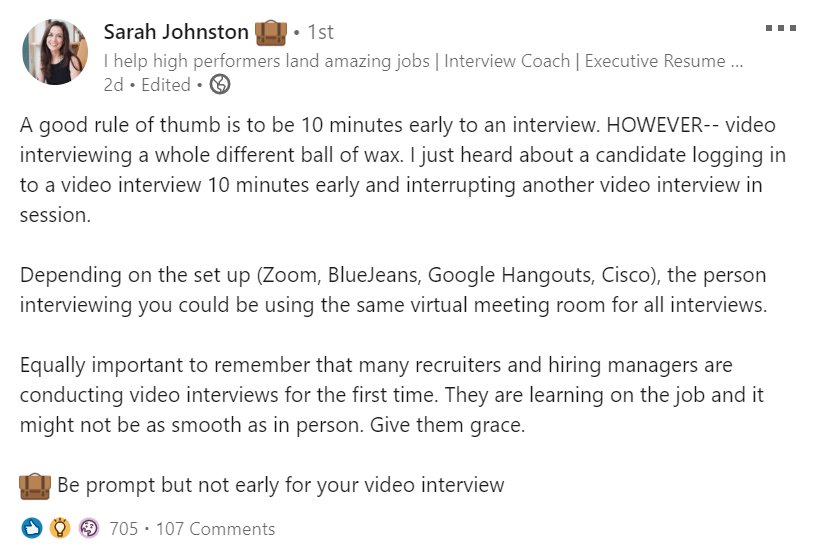
Sarah Johnson, an expert recruiter from the United States, talks about why you don't need to connect to the call for an interview in advance - it can look incorrect and distract your interlocutors
In addition, it is also important to remember that when making video calls, it is important for the interlocutors to see you well, but it is more difficult for them to do this than if the conversation took place offline. So it's imperative to get ready and read a couple of articles on how to look good on Zoom . At first glance, this seems like something superfluous, but only coverage can give you an advantage over other candidates. Compare the two pictures:
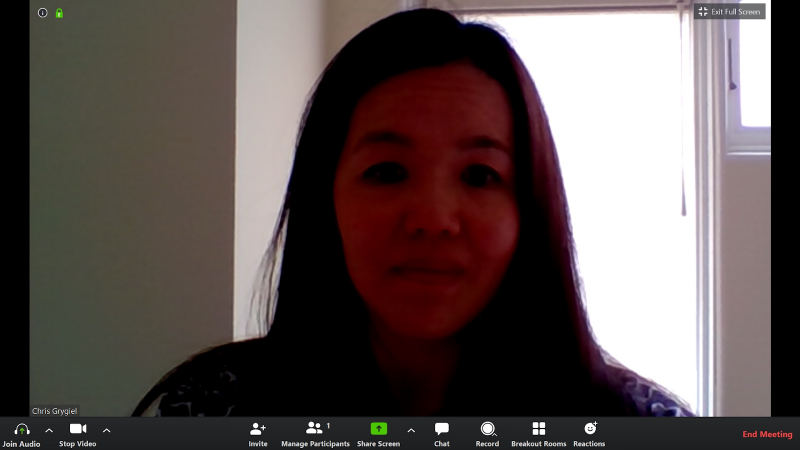
Here it will be difficult for the interviewer to make out an elementary face. And here is an option in which communication will be much more comfortable:
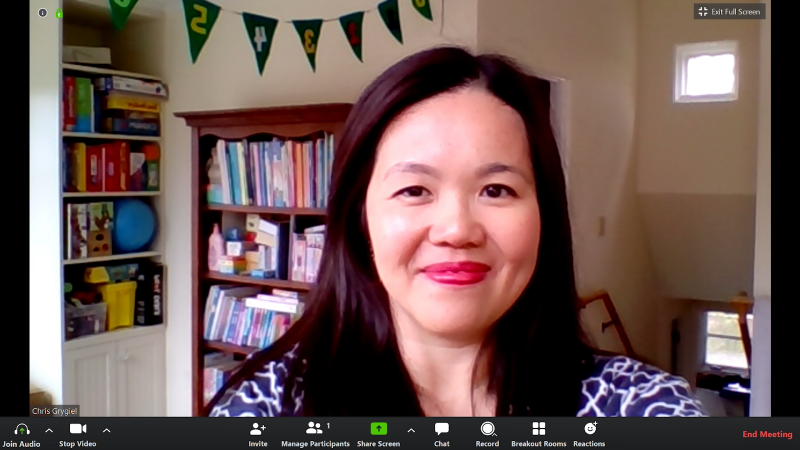
Tip # 4: save time, now there are all the possibilities for this
For engineers, recent years have been a rather good time - there has been and continues to be a shortage of strong specialists on the market. At the same time, for those who were looking for remote work, the situation was not so rosy. So, according to statistics , back in 2019, in the vast majority of companies, most of the employees worked in the office.
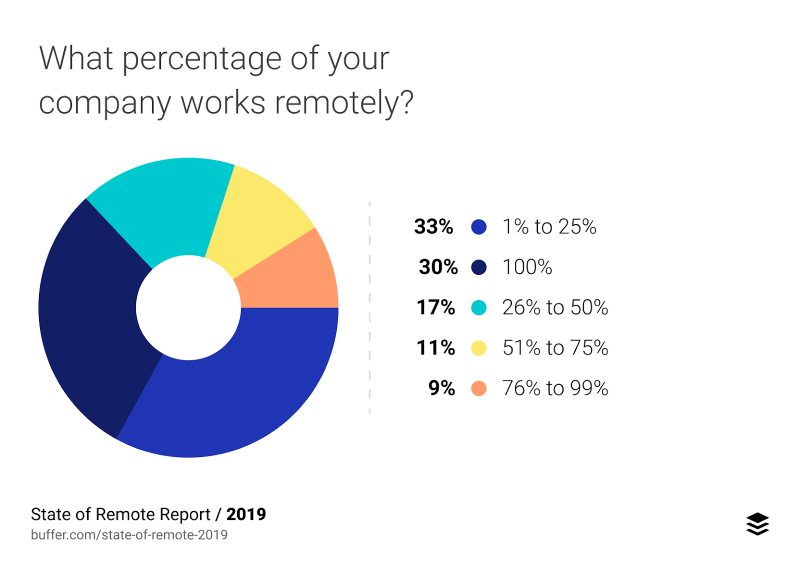
Now everything has changed, and most employers themselves want to hire only remote workers. That is, the balance has seriously changed, the choice of candidates has increased. Among other things, this means that the speed of finding a job is growing, and in modern conditions it makes no sense for you to wait too long. Use every opportunity to save money.
. - . , , .
—
In 2020, teleworking has finally become a trend. The largest IT companies and start-ups around the world transferred their employees to remote control, and many were allowed not to return to the office even after the quarantine was lifted. New useful tools are emerging, tailored specifically for the search for deleted vacancies.
For engineers, this means that the best time has come to search for remote proposals - now it can be done quickly, find a truly interesting project and a comfortable team, and have interviews in a convenient format.
What useful tools for finding a remote job do you know? Share links, tips, and your experience in finding remote positions in the comments!